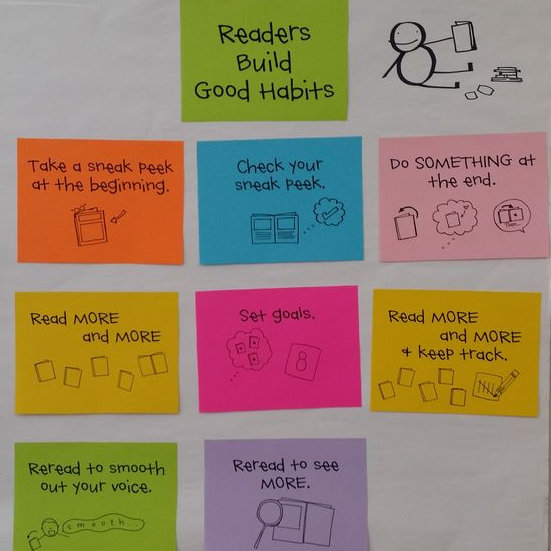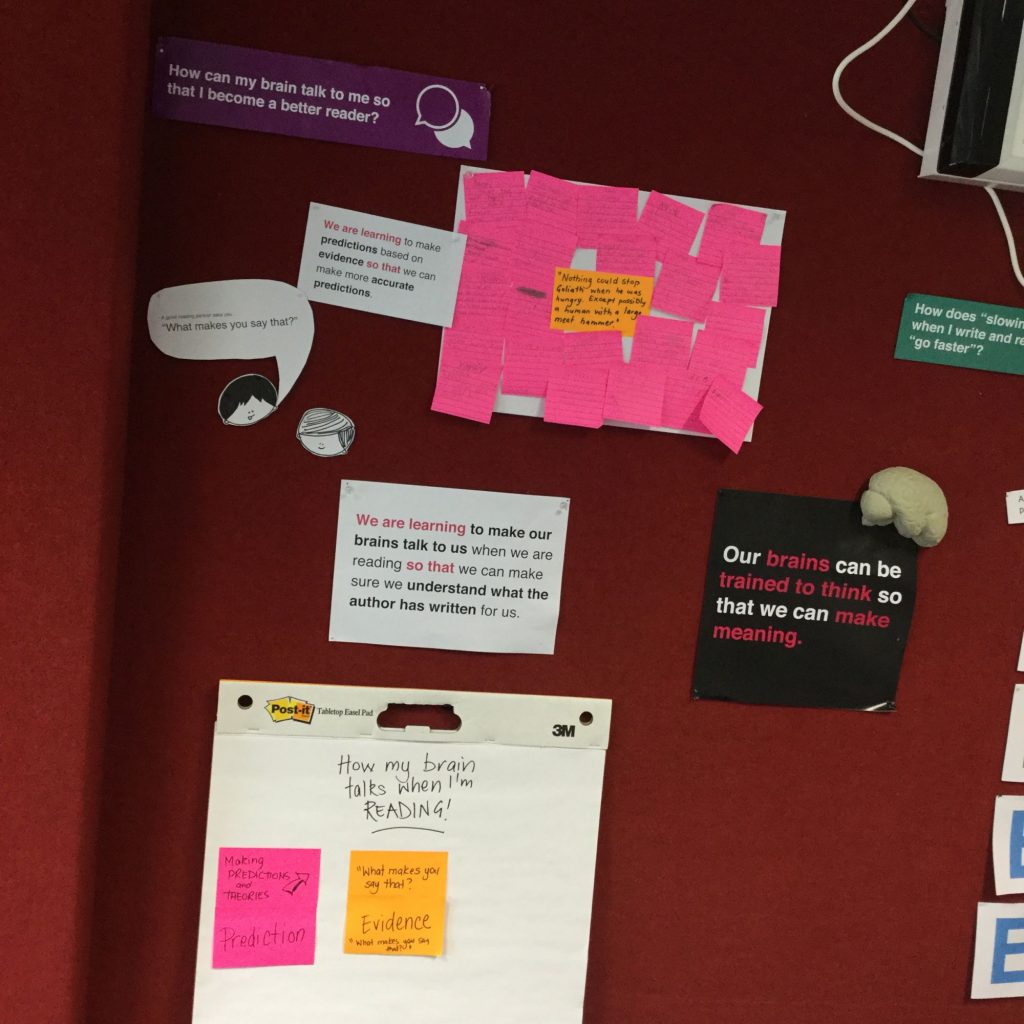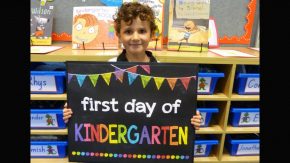Stage 2
“That is part of the beauty of all literature. You discover that your longings are universal longings, that you’re not lonely and isolated from anyone. You belong.”
F. Scott Fitzgerald.
Before someone shared this quote with me when I was nearing 30, I embarrassingly admit that I hadn’t realised that quality literature was more than just entertainment. Perhaps it was because no-one had shared with me the simple idea that we as people have similar experiences and that literature is a medium through which to find them. After my realisation my attitude to literature ignited and teaching boys to become great readers, readers who find themselves inside stories, became even more important.
In Year 3 we are exploring the Readers’ Workshop (aka The Reading Zone), a teaching method in which the goal is to teach students strategies for reading and comprehension. The boys choose their own ‘just right books’ and confer with the teacher one-to-one about what they are reading. The workshop model allows teachers to differentiate and meet the needs of all their students. Reading Workshop helps to foster an engagement with reading and gives students chances to practice reading strategies independently and with guidance.
The structure of a Readers’ Workshop is deliberately predictable. This allows the boys’ attention to be focused on what they are reading and the strategies they are practicing to understand the text.
The Reader’s Workshops looks like:
Mini-Lesson: Teacher introduces and demonstrates a reading skill or strategy. As a whole class we practice the skill and discuss it. They will then practice the skill on their own during independent reading.
Independent Reading: During independent reading time, all students are engaged in silently reading a book of their choice. The teacher moves around conferring with individual students about their book, checking for the use of comprehension strategies and their progress in decoding the literary features of the book. During this time small groups may be taken to develop a specific skill. Each encounter should help students understand themselves as readers, focus on improving a skill or strategy, and set goals for their reading.
Closing chat: Whole class, paired or individual reflection we close the workshop by sharing something the students learnt as readers.
We are currently at the beginning of our Reading Workshop journey and are exploring choosing ‘just right books’, reading for a sustained period of time, and practicing the workshop routine. The boys have started strong with focused attention and participation. I am excited to see where the reading workshop takes us and the development in the boys’ attitudes towards reading.
You may like to reread Mr Ben Barrington-Higgs previous prep talk article “How to get boys to read”
https://newsletter.newington.nsw.edu.au/preptalk/article/how-to-get-boys-to-read/
Carol Peterson – Year 3 Teacher








